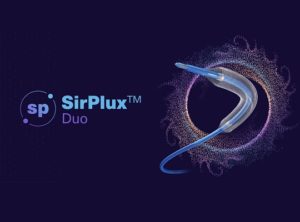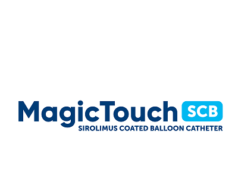
Advanced NanoTherapies has announced positive results from its first-in-human (FIH) trial evaluating the next-generation SirPlux Duo drug-coated balloon (DCB).
The company also announced plans to proceed towards executing its US early feasibility study (EFS), known as DYNAMIC DUO I, to evaluate the safety and performance of the SirPlux Duo DCB in de novo coronary lesions.
SirPlux Duo DCB delivers a dual-drug therapy of sirolimus and paclitaxel and is engineered for vessel patency and restenosis prevention.
“The innovative drug delivery platform of the SirPlux Duo DCB is poised to redefine how coronary disease is treated,” stated Bernardo Cortese (Case Western Reserve, Cleveland, USA). “By combining two proven drugs with the novel nanoparticle technology, SirPlux Duo DCB aims to minimise drug flaking, deliver sustained drug therapy at therapeutic levels, and get the best characteristics of the two drugs, theoretically making it a strong front-line device alternative to current DCBs or drug-eluting stents.”
SirPlux Duo DCB is the only therapy designed to deliver sirolimus and paclitaxel simultaneously to inhibit cell growth at a higher potency and efficient dose, according to Advanced NanoTherapies. The novel nanoparticle drug encapsulation and delivery platform is designed to provide the two drugs with safe, reliable, and sustained long-term in-tissue bioavailability with no stent burden.
“We are thrilled to take this next step in further validating the clinical performance of SirPlux Duo DCB, a novel technology licensed from the Cleveland Clinic,” said Marwan Berrada-Sounni, co-founder and CEO of ANT. “Moving forward with our DYNAMIC DUO I EFS aligns with our vision of advancing nanotechnology-driven solutions that combine the power of sirolimus and paclitaxel to offer a safe and prolonged therapy without leaving a permanent implant behind.”
The planned DYNAMIC DUO I EFS study is a prospective, multicentre, non-randomised study that will enrol and treat symptomatic stable angina, unstable angina, or non-ST-elevation myocardial infarction (NSTEMI) patients with de novo coronary lesions with reference vessel diameters of 2 to 4 mm.
The results from this study will inform the company on how to advance its clinical programmes to broader commercialisation plans in the USA and global markets, a press release states.










